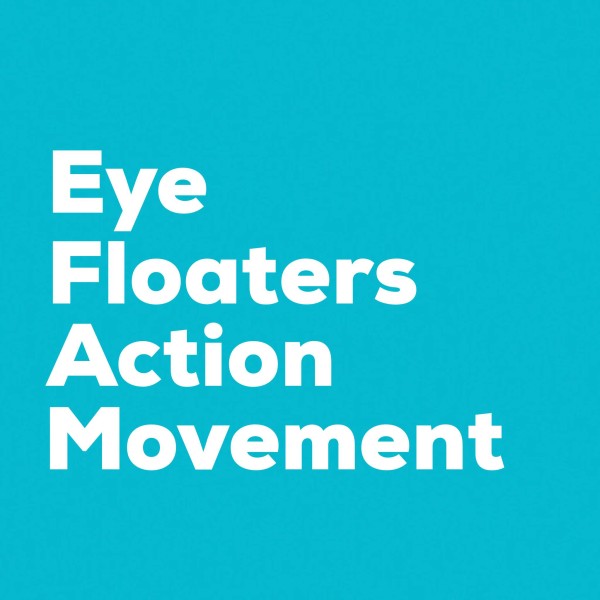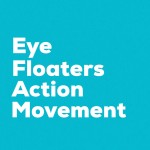
13 Sep Hope, Happiness, and Action With Dr. Sebag: Eye Floaters Podcast Interview
Hope, Happiness, and Action With Dr. Sebag: Eye Floaters Action Movement Podcast Interview
 In August, Jonathan Reed, host of The Eye Floaters Action Movement podcast–a podcast dedicated solely to eye floaters with the goal of providing its subscribers and listeners updates on research and cures to fight the long-ignored disease–asked Dr. Sebag of the VMR Institute to provide an interview specifically discussing his own research findings and treatment regarding the disease. Listen and/or subscribe to the podcast here:
In August, Jonathan Reed, host of The Eye Floaters Action Movement podcast–a podcast dedicated solely to eye floaters with the goal of providing its subscribers and listeners updates on research and cures to fight the long-ignored disease–asked Dr. Sebag of the VMR Institute to provide an interview specifically discussing his own research findings and treatment regarding the disease. Listen and/or subscribe to the podcast here:
From Dr. Sebag:
 During the podcast I discussed my background, education and clinical experience in treating diseases of the vitreous macula and retina of the eye. The focus of the podcast was on treatments of vision degrading myodesopsia (vitreous flaoters) with vitrectomy, which is surgical excision of the vitreous body in the center of the eye.
During the podcast I discussed my background, education and clinical experience in treating diseases of the vitreous macula and retina of the eye. The focus of the podcast was on treatments of vision degrading myodesopsia (vitreous flaoters) with vitrectomy, which is surgical excision of the vitreous body in the center of the eye.
I describe the mounting pressure I feel from patients to recognize these eye floaters as debilitating enough to warrant surgical treatment. Each time we evaluate a patient, we are faced with the issue of being able to ascertain the degree to which bothersome floaters could be categorized as debilitating enough to require medical treatment.
Many of my patients with visually significant eye floaters have been turned away by others, often with callous disregard. After hearing many patients complaining of this, I felt sympathetic to their plight and was compelled to delve deeper into their problem. Today, we at the VMR Institute for Vitreous Macula Retina give voice to these previously ignored patients, and we do so armed with science. It is our goal also to illustrate to our colleagues, that vitreous floaters can be a significant health problem, indeed a disease which we now call Vision Degrading Myodesopsia. By degrading contrast sensitivity function (ability to discern shades of gray) vitreous floaters can negatively impact a patient’s quality of life, and thus warrant a surgical cure.
To identify appropriate cases, my team and I have developed diagnostic tests to identify when a patient is suffering from significant eye floaters and make sure that this is properly diagnosed as such, in order to enable a cure. Whiles today, limited vitrectomy is the best available cure, the future will hopefully see new forms of therapy developed with our diagnostic methods to identify patients in need and measure their response to therapy.

